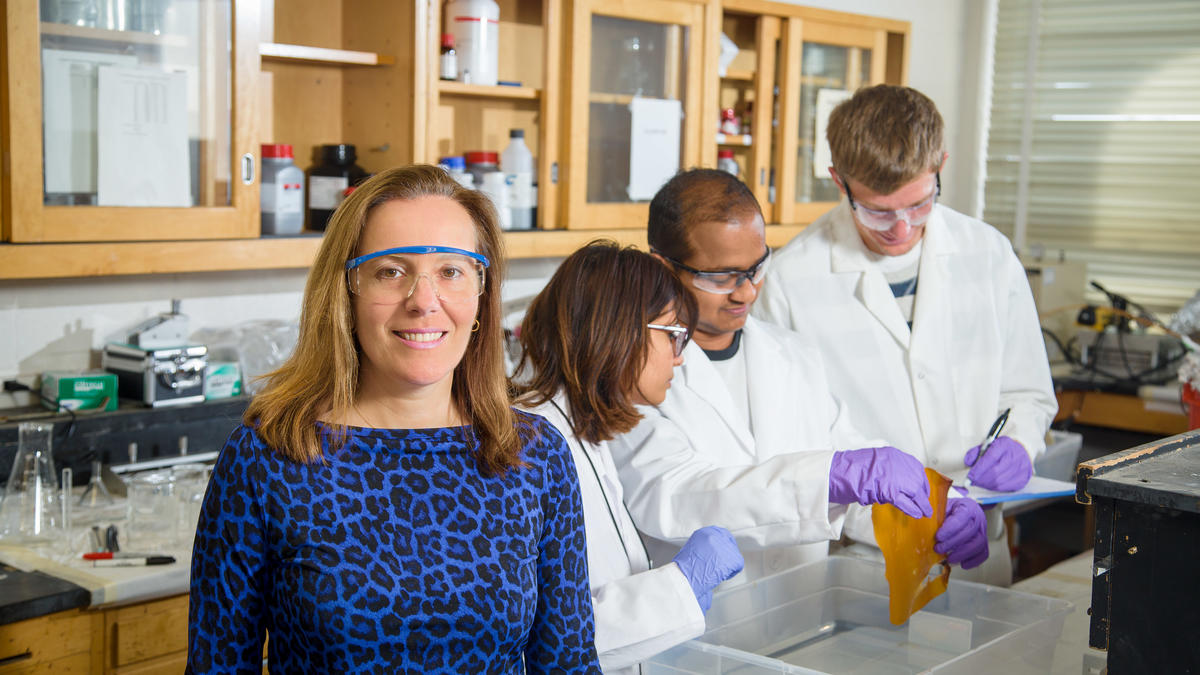A new Scholars program is available to current freshmen and sophomores registering for spring 2018 semester classes. The Scholars Program in Undergraduate Research will accept 20 students into its first cohort, but interested students must apply by November 22. The extended campus program in Paducah will offer the same program to four students.
Sebastian Bryson, associate professor in the Department of Civil Engineering and co-director of the new program, says students participating in undergraduate research avail themselves to numerous open doors.
“I enjoy seeing students get opportunities because of their research activities, such as being able to present their research at domestic and international conferences. If only for the mentorship opportunities, every engineering undergraduate should seek to have at least one undergraduate research experience.”
Students have already begun applying for a coveted spot in the new program. We visited with Isabel Escobar, chemical engineering professor and co-director of the program, to learn more about what participating students can expect.
